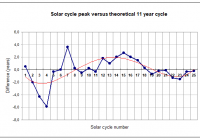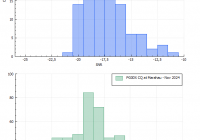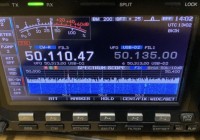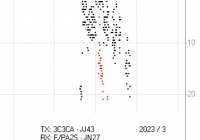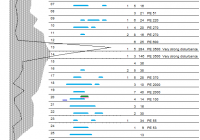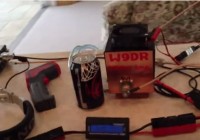So much for CE markings
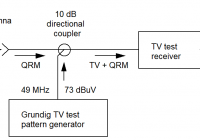
For some time, I suffer from tremendous interference from various sources. The worst one is LED lighting which generates very strong interference in the 50 MHz band. I wanted to see what the interference would be like we still had analogue television. We used to have CCIR system B on VHF and the channel 2… Continue reading »

